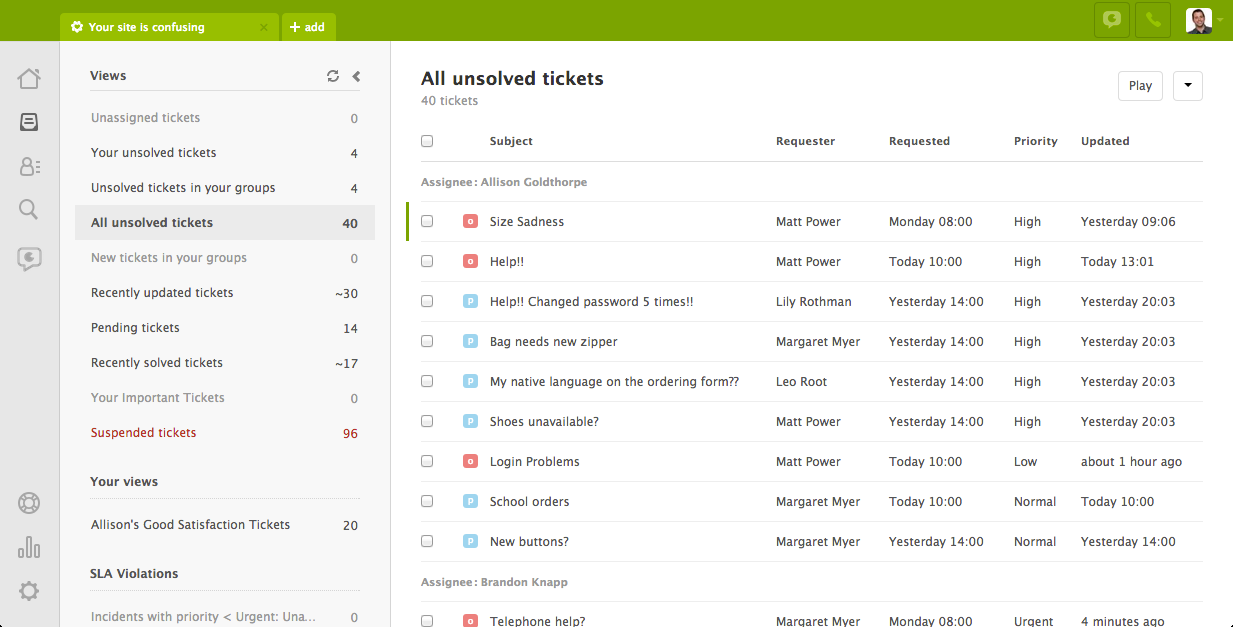I am the stereotypical startup founder HBO’s Silicon Valley was born to mock, but I love the show. I went to Stanford, live in Palo Alto, and am working on my second company right now. In the most recent episode of Silicon Valley, Pied Piper (the fictional company around which the show revolves) struggles to gain product/market fit. Last night, when I finally got around to watching the show, in my head I was shouting “We could totally solve this!” I had to write a post explaining why.
Startups face many problems. “Silicon Valley” has done a remarkably good job illustrating many of them. First, there was the negotiation of the founding team dynamics. Then, they couldn’t raise any money. Then, they almost took too much money. They struggled hiring, firing, and fighting litigation. They even had to deal with an outside CEO. These are all things I’ve seen first hand. But, last week’s episode was a particularly brilliant demonstration of one of the hardest problems faced by silicon valley companies… product/market fit.
Now there are many definitions of product/market fit, but for simplicity let’s go with “having a product that people actually want and need to use”. In the episode, Pied Piper launches their product to great fan-fare and downloads but few actual users.
You see, this is the insidious part of product/market fit. Sometimes we work really hard on something, it comes out perfectly as we planned, we do a great job launching it, and… people still don’t want to use it. Startup founders are particularly prone to making this mistake because we obsess over our products so much we struggle to even comprehend how a lay-person will experience our product. But, what to do about it?
In the show, Richard (the CEO) runs into a couple problems that real founders actually experience:
- Talking to people. He talks to his investors, his employees, and his friends. But, these people are already in the tech community, so he gets a biased result which confirms his preconceived notions.
- Focus groups / surveys. He interrupts a focus group to find out how real people are being confused. The feedback he gets (e.g., “I don’t get it”) is too vague to be helpful. He explains the product to them for over an hour and finally they get it. But, he doesn’t have time to sit down and explain it to everyone.
- App data. App data actually reveals Richard’s problem in the first place; only 19k of the 500k users who download the app are “active”. But, there is no app data that tells him why those users stop using his app, and no data to tell him how to get them back.
Okay, with that setup, here’s how Idiomatic could solve Richard’s problem. If you want to know how to make your product/market fit better, you have to talk to your market. So, while focus groups are close to the right answer, their problem is one of scale. You have to talk to as much of your market as you possibly can, all at the same time, and make sense of all the answers immediately.
Fortunately, there is a function at most companies whose job it is to talk to customers, it’s called customer support. All day, customer support agents (like the one who quit from Pied Piper in this week’s show) listen to what parts of the product are confusing or are causing problems for customers. This means companies already have the data to answer the question, but they need help unlocking it.
This is where we come in. Idiomatic takes in all of these conversations with customers and turns them from this:

into this:

This is just an example data set of SF Muni complaints, but you can immediately look at this dashboard and determine whether you should be focusing on fixing problems with vehicle routes or problems with payment. Presumably the former because you know it is more important for your customer.
Many companies we talk to get thousands upon thousands of complaints per month. Eliminating the sources of these complaints is the only way to move the needle in a way that solves what your customer cares about and improves your product/market fit.
Too bad Pied Piper isn’t real or we’d actually solve their problems!
If you would like to learn how Idiomatic’s solutions can help your company achieve tangible results, request your custom demo today




